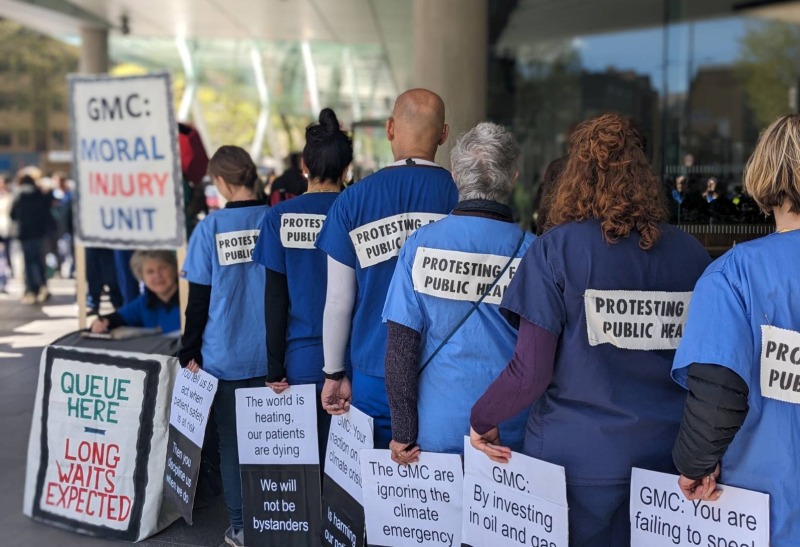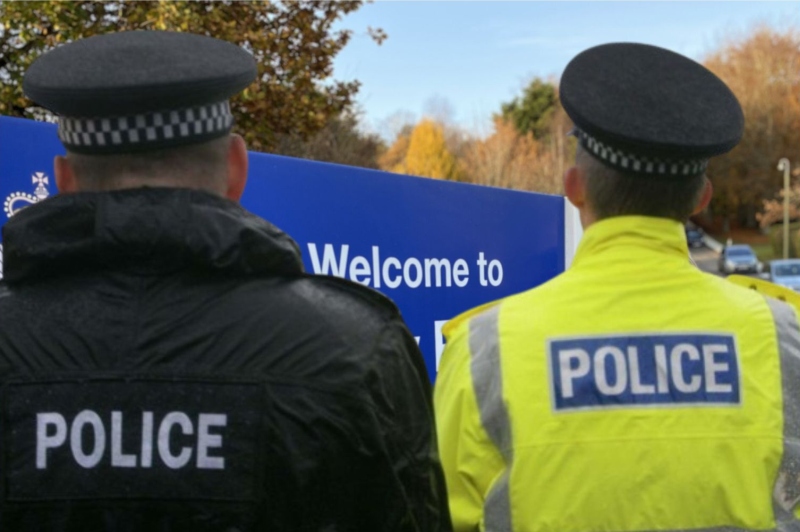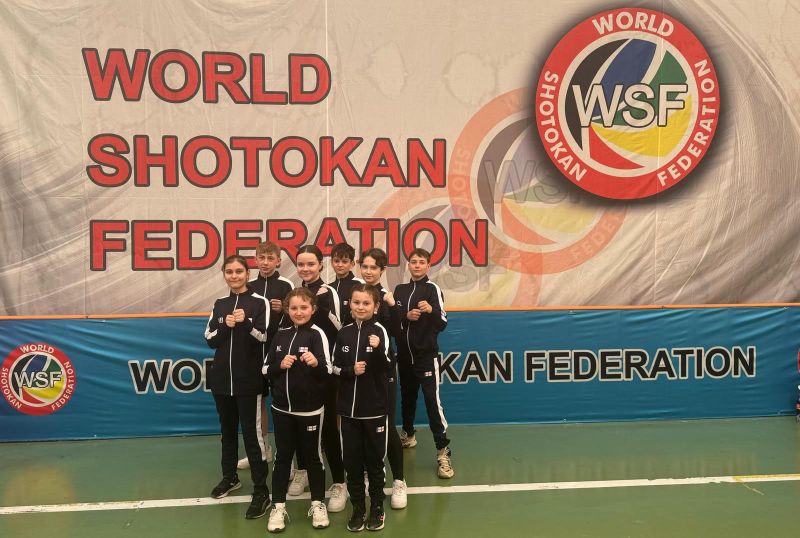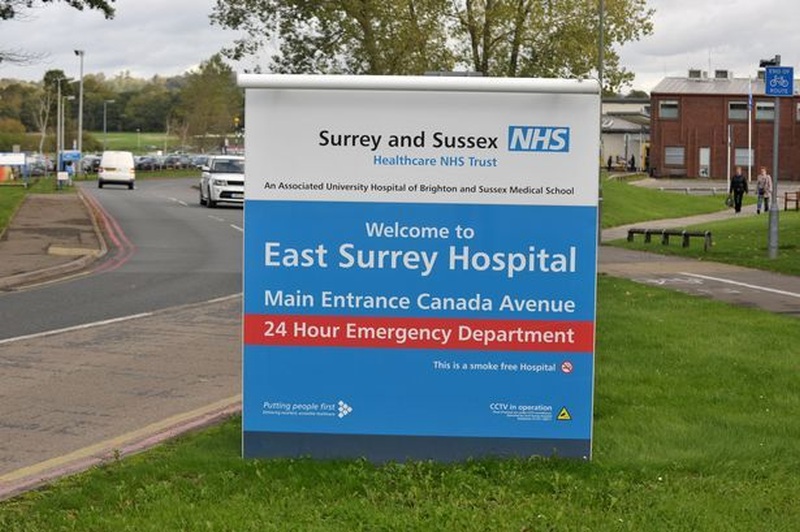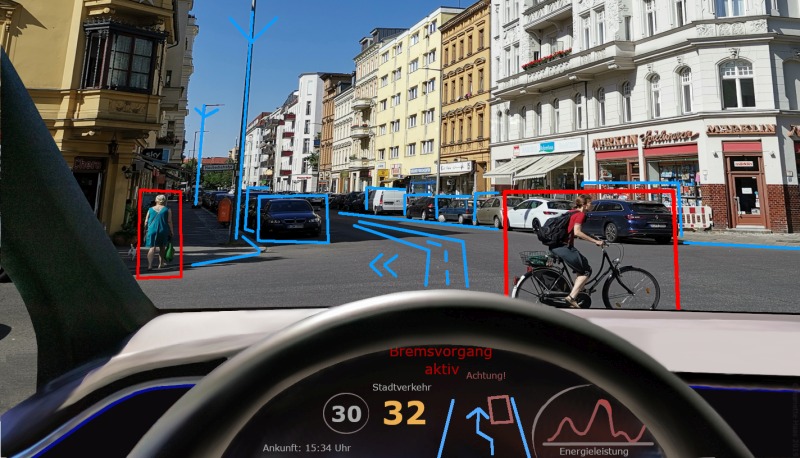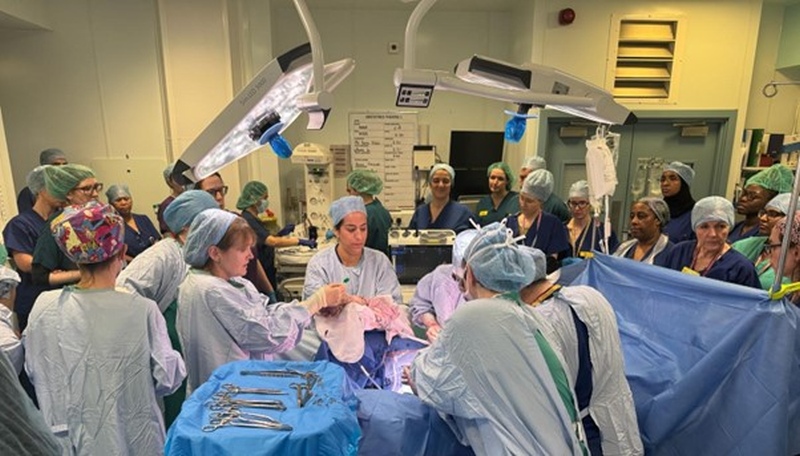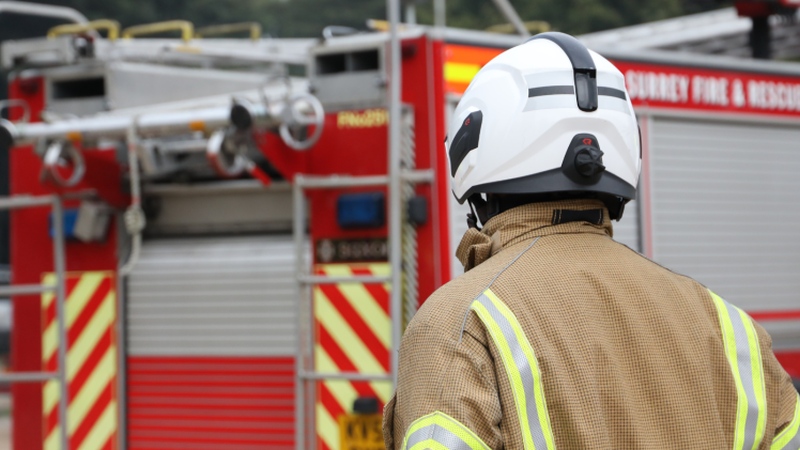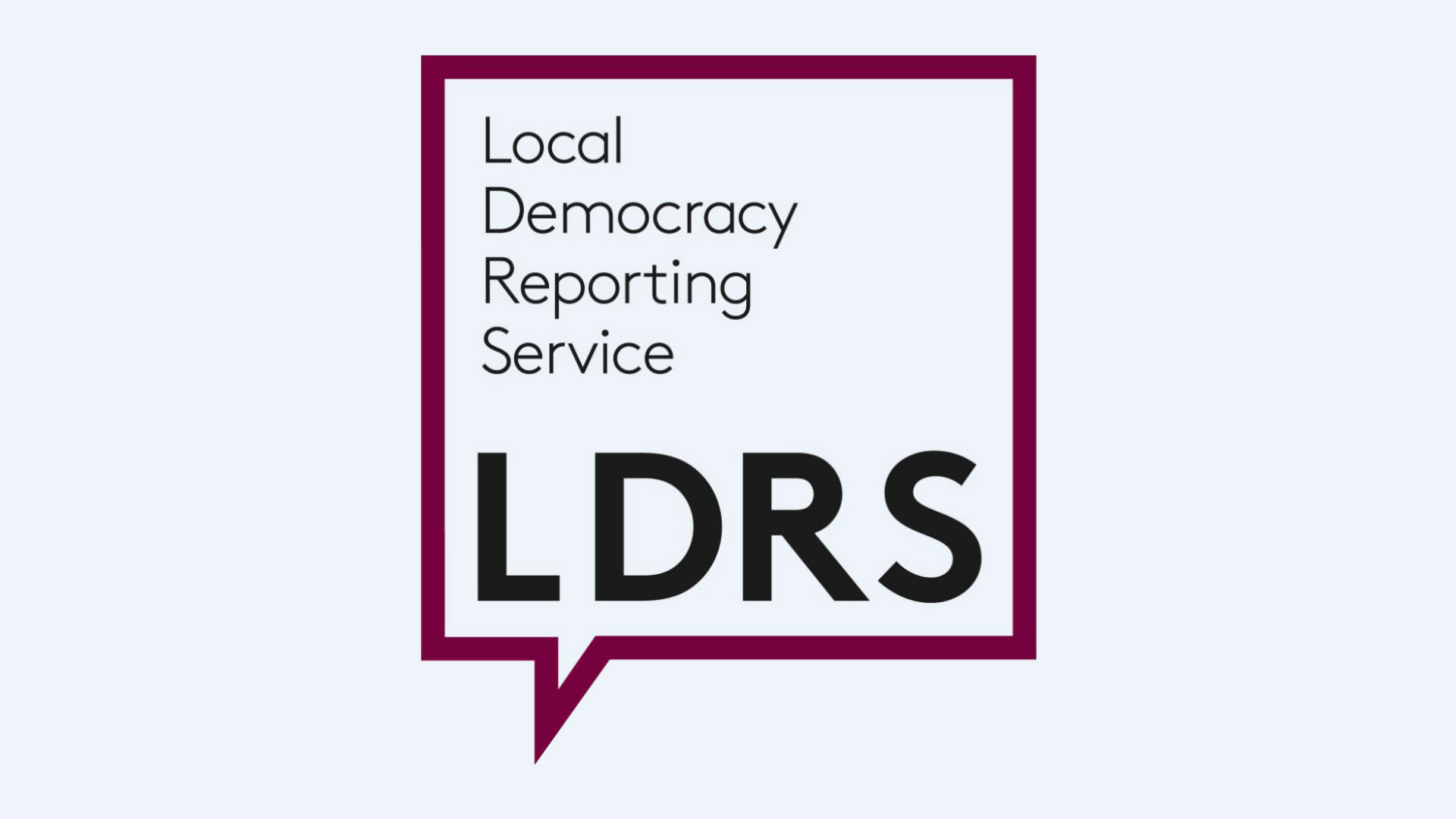Child victim of Co-Vid constraints?
A five-month-old who died in his baby bouncer could have been part of a “systemic failure” of social services that were there to get the “best outcomes” for the children in his family.
“Baby Acer”, a twin who was described as a “a loved and happy child”, died in January 2021. His death came after social services had been involved with his family for 14 years, with his siblings having been on three child protection plans and three child in need plans, all under the category of neglect.
A Safeguarding practice review carried out by the Surrey Safeguarding Children Partnership into the baby’s death said the covid pandemic impacted on his monitoring at home, and set out the history of “dangerous behaviours”, substance abuse and social services involvement with the family.
Moira Murray, the lead reviewer, pointed to “a short-sighted decision” in closing the family’s case and removing the children from child protection and child in need plans, as well as “a lost opportunity” to look at the safeguarding risks to the unborn twins by not convening a pre-birth assessment for the mother.
What does the review say?
The review said: “Similarly, after their birth, consideration should have been given to convening a pre-discharge meeting in order to consider the risks presented to premature, low-weight babies returning home to parents where chronic neglect of their children had been a consistent feature of their parenting.”
Ms Murray said the 14 years of involvement should be seen in the context of “the absence of a multi-agency systemic approach to assessing the impact on the children” of being exposed to “chronic neglect and the consequences of their parents’ dangerous behaviours”.
She also said it “could be construed” that despite the known risk factors to Acer and his twin, “there was a lack of a coordinated approach by professionals” to address the safeguarding risks presented to the twins’ health and wellbeing.
Councillor Sinead Mooney, cabinet member for children and families at Surrey County Council, described Acer’s death as tragic and said the review highlighted “some areas where safeguarding practice at that time should have been better”. She added that the partnership took the safeguarding of children “extremely seriously” and would continue to ensure “all the necessary changes were made and lessons were learned”.
According to Ms Murray’s review, Acer’s mother had woken up on the morning of January 15, 2021 and found him lifeless in his baby bouncer in the living room where she, Acer and his twin sibling were sleeping.
She called an ambulance, and Acer was taken to hospital having suffered a cardiac arrest. Despite attempts to resuscitate him, Acer died aged five months old.
Acer was known as ‘Little Man’ because he was the smaller twin, and the review described both parents as “deeply distressed at the loss of their child”. In his family at the time of Acer’s death was his mother, father, twin brother and five-year-old sibling, as well as siblings aged 14 and eight, who had a different father from the mother’s previous relationship.
The family had been known to police and social services since 2006, because of domestic abuse against the mother by her then partner, according to the report. Child protection and child in need plans followed, until the mother was arrested in January 2019 for alleged assault and criminal damage, followed by a week when the children were cared for by their respective fathers.
Ms Murray said neither father want to take formal responsibility of caring for the children, despite each having raised concerns about the mother’s mental health and substance abuse, and that the children returned to their mother when a number of the charges did not proceed.
‘Acer was a loved and happy child’. According to the review: “The tragic death of Acer severely affected his parents and siblings, as well as those professionals who knew him. That it happened at a time of an unprecedented pandemic meant that the period prior to his death was one in which there was less interaction with frontline practitioners than may have normally been the case.”
Acer and his twin were born at 32 weeks in August 2020, spent two weeks in a hospital neo-natal unit and then were sent home. Both had tested negative on a toxicology test, with neither showing symptoms of withdrawal, checked because of the mother’s history of substance misuse.
The review shows a health visitor allocated to the family made five home visits before Acer’s death, and had “stressed the dangers” of sleeping on the sofa in the sitting room with the twins, as well as sleeping in bed with them. It also said that the mother’s medication and drug use “was known to impact on her ability to stay awake and alert to the babies’ needs”.
When the health visitor had raised concerns about co-sleeping and propping a bottle to feed the babies, the mother had said she was “confident in knowing how to care for the twins”, given that she had three older children.
But the review also said that the mother had told Ms Murray she was dyslexic and had difficulty reading, and that the mother’s “level of understanding of what was being explained to her may appear to be greater than it was in reality”. She would sometimes look to the father for help on what was being said.
Ms Murray’s review said of the meeting: “It was when the named nurse for child death reviews explained in simple language that babies can die if they are not laid on their backs in a cot that mother said she now understood how dangerous it was to sleep with the babies on the sofa and in bed, and how she wished she had never placed Acer in the baby bouncing chair.”
The mother told the lead reviewer she was “shocked” to have had her children removed from her care after Acer’s death, blaming it on “a faulty baby bouncing chair”. The review said: “The tragic loss of their baby son was devastatingly apparent when the lead reviewer met the parents.
“That Acer was a loved and happy child was evident from the way mother and father spoke about him and from the many photographs on display.” Closing case in March 2020 was ‘unwise decision’ ut Ms Murray said: “Given that from 2008 onwards until 2021, when Acer died, the children had been on a total of three child protection plans and three child in need plans, all under the category of neglect, it can be said that there was a systemic failure to achieve the best outcomes for the children of this family.”
Closing the case in March 2020, when the mother’s pregnancy with twins known, was an “unwise decision” according to the review, “given the history of chronic neglect of the children and the dangerous, risktaking behaviours of mother and father”.
It went on to say: “If the case had remained open there would have been the opportunity to continue to monitor the children and risk assess mother’s behaviour during her pregnancy and after the birth of the twins.”
Cllr Mooney said: “The report outlines the need to ensure appropriate pre-birth risk assessments are carried out, although it is noted that steps have already been taken to improve practice in this area.
“The report also highlights the continued need to remind carers about the risks associated with co-sleeping, and stresses the importance of effective multi-agency communication and practice throughout, particularly when assessing the impact on chronically neglected children. The report also recognises the significant impact the outbreak of the Covid-19 pandemic had on this case, particularly on the delivery of training to practitioners, and steps have since been taken to make training programmes more accessible online.
“As a partnership, we take the safeguarding of children extremely seriously and will continue to ensure all the necessary changes are made and lessons are learned. The Surrey Safeguarding Children Partnership has shared the recommendations of this report with all relevant agencies in Surrey.”


